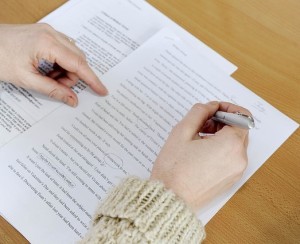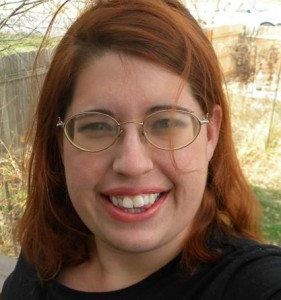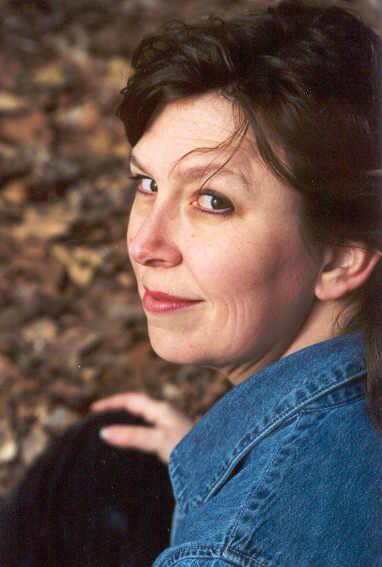 According to Big Al’s Publishing Process Survey, only 45 of the 85 respondents paid to work with an editor, although another 17 traded services. There are a number of reasons, ranging from the artistic to the monetary, for deciding not to work with an editor. I’ve taken the other path and worked with at least one editor on every project I’ve published. It’s my single biggest publishing expense on each book, which, given my propensity for thrift, shows how much I value my editors’ feedback.
According to Big Al’s Publishing Process Survey, only 45 of the 85 respondents paid to work with an editor, although another 17 traded services. There are a number of reasons, ranging from the artistic to the monetary, for deciding not to work with an editor. I’ve taken the other path and worked with at least one editor on every project I’ve published. It’s my single biggest publishing expense on each book, which, given my propensity for thrift, shows how much I value my editors’ feedback.
When writers do choose to employ a professional editor, they normally do it at the end of the process, either working with a copy editor or a proofreader. I do that as well, but I also work with a developmental editor often before I type the first words. I’ve talked about this with enough fellow writers to realize I probably lost a few of you right there: The process of creation is sacrosanct. I just want an editor to clean up my grammar and look for a few bad habits. I don’t want them to interfere with my creative vision. Continue reading “Is a Developmental Editor Right for You?”

 Guest Post
Guest Post